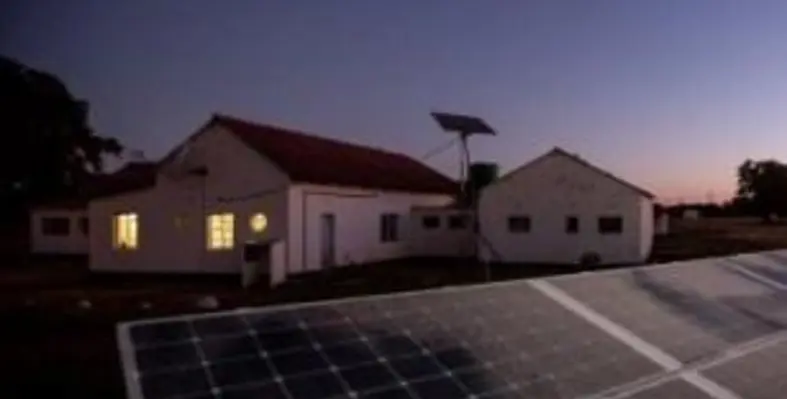The governments in sub-Saharan Africa have partnered with the United Nations Development Programme (UNDP) to launch the Solar for Health initiative to install solar systems in rural health centres and clinics
The initiative aims to use solar power to refrigerate medicines, maintain health information systems, and create adequate conditions for the delivery of babies while reducing emissions which harm the environment.
Clive Marimo, director for Hospital Planning and Infrastructure in the Ministry of Health and Child Care of Zimbabwe, explained, “The rolling-out of the Solar for Health project tallied well with the ministry’s strategic plan of improving primary healthcare. Most primary healthcare facilities located remotely are off grid and the solar project transformed the services of such facilities where basic procedures were not possible due to unavailability of a power source.”
Dr Mwale Consity, provincial director for Lusaka, Zambia, added, “The Solar for Health is very important in the supply and management of medical and surgical consumables, most so, the cold chain.”
“Vaccines, which are basically the future of our country, remain potent and viable,” he stated.”
In Zimbabwe, UNDP has equipped 405 health facilities with solar systems to strengthen national systems for health. It estimated a 100 per cent return on investment within two to five years when health facilities with unreliable energy sources install solar systems.












